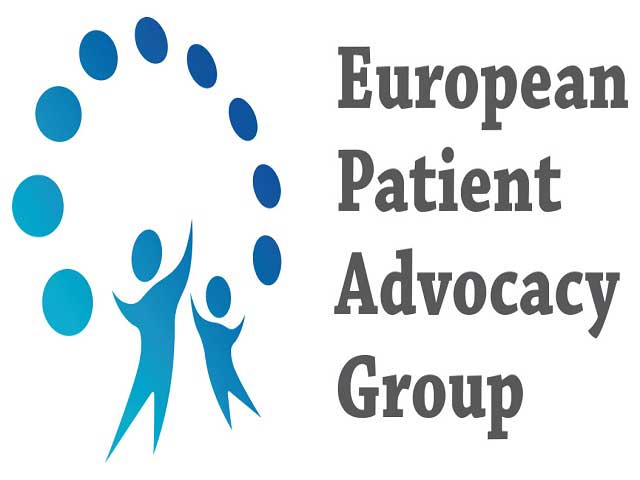I recently had an amazing appointment with a new specialist and while it can seem like a little thing, I have learned that the information my GP provides a new specialist, for a treatment, or while getting images done can make or break the visits and results.
One example of this going very poorly was during a biopsy on my affected side. My GP and I discussed the fact that, because of my CMTC, this puncture biopsy was going to have abnormal blood vessels, so we informed the technician who would be evaluating the biopsy that we knew about the abnormal blood vessels, please disregard those, tell us about the actual sore. So, we sent away the sample and the information on CMTC and received a very confused reply. They were struggling to diagnose CMTC on a quarter-of-an-inch diameter biopsy but agreed the blood vessels likely could be CMTC, though they did not have any experience with CMTC. Needless to say, both my GP and I were quite frustrated as the reason we had given any information on CMTC was to hopefully prevent any unnecessary attention, but we tried again, this time sending no information about CMTC along at all. This time the report we got back mentioned the ulcer but ignored it to emphasize that the far bigger concern was the blood vessels, essentially identifying my CMTC. Overall, we were never able to get an answer, so stopped with the biopsies.

Overall, the GP Guide for Patients with CMTC from CMTC-OVM is a great document to send to new doctors or create a set of information your GP sends along with your referral. These are great options for at least getting information to the specialist, whether they go through it before your appointment, there is not much you can do, but at least it gives you something in the first appointment to point to, and hopefully keep the appointment moving along to the issue. Further research into specialists by your GP can also help determine if they are the type to prepare for appointments. Additionally, I find staying calm is the best approach, it’s frustrating, especially if the doctor chooses not to read the information you and your GP supplied, but staying calm and factual helps keep the appointments much more constructive for you.






